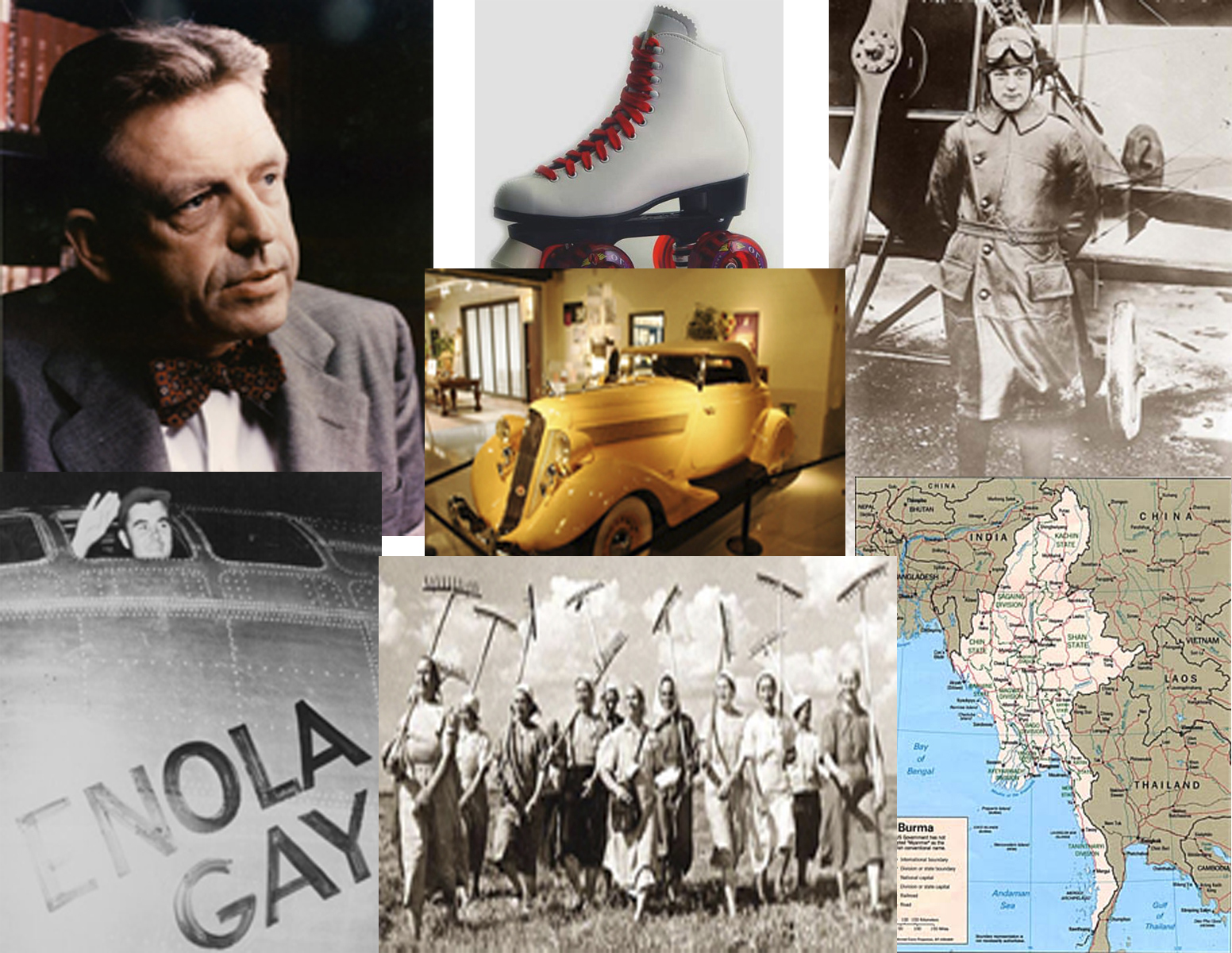1. Biography: John Hurt, 1985-1986 5 Interviews
Indiana University Center for Documentary Research and Practice
This collection of interviews focuses on the political career of John E. Hurt. The bulk of the collection consists of Mr. Hurt's interviews where he speaks about his role as a leading Democratic fundraiser and political advisor to several gubernatorial candidates and governors in Indiana from the late nineteen forties through the early nineteen sixties. The other interviews offer background and specifics about Hurt's political career and actions.

